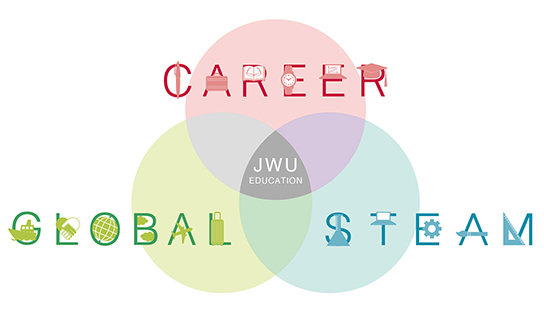Kazuyo Sejima Tomoko Kana Keiko Ohama Ume Tange
Tano Jodai Etsuko Takano Yumie Hiraiwa
It is over a hundred years since Japan Women's University was established. In that time, the university has produced more than 110,000 graduates, who having cultivated through the liberal ethos of the school have gone on to play active roles in various fields as independent women.
Kazuyo Sejima
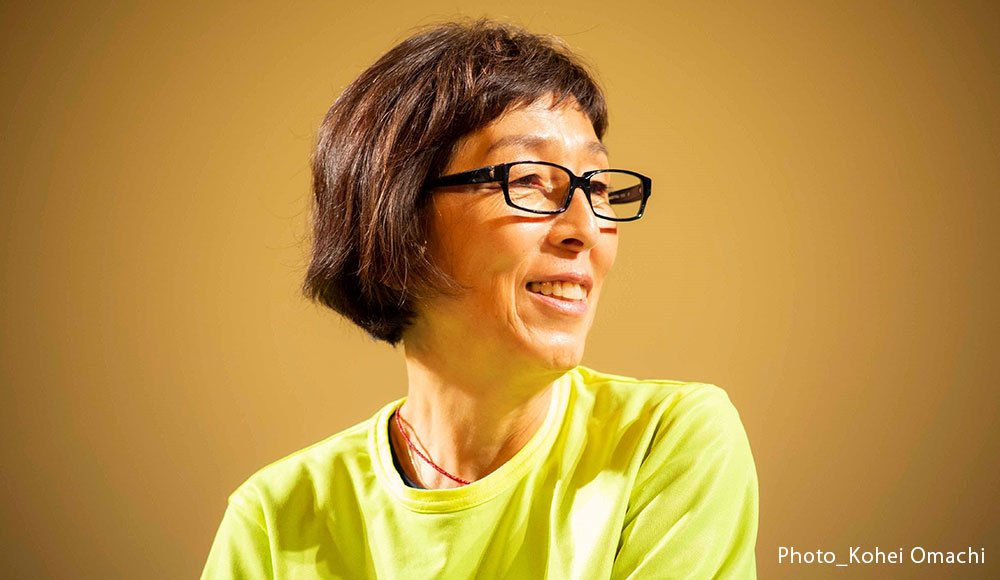
Born in Ibaraki Japan, Kazuyo Sejima received a degree in architecture from Japan Women's University in 1981. In 1987 she opened her own studio in Tokyo and then in 1995, together with Ryue Nishizawa, she founded SANAA. SANAA’s main works include the 21st Century Museum of Contemporary Art in Kanazawa, the Rolex Learning Center (Ecole Polytechnique Federale de Lausanne), and the Louvre-Lens. In 2010 Kazuyo Sejima was appointed director of the 12th International Architecture Exhibition of Venice Biennale. Her honors include the Japan Architecture Award, Venice Biennale Golden Lion Award*, Pritzker Architecture Prize*, Officier de l’Ordre des Arts et des Letters, and the Medal with Purple Ribbon.
*as SANAA
Message from Ms. Sejima:
Studying was hard for me in my student days. I was bad at any assignments involving tracing and depicting perspective. But I was advised by a professor "to do whatever you think is interesting," which has allowed me to follow my dream of becoming an architect. There are a great many people involved in architectural work, including clients, and designers and people responsible for carrying out the project, and so it is important for everyone's thinking to be consistent. While the passion for building excellent buildings is the same, what people consider to be excellent differs, and so the ability to communicate by sharing information with various other people is essential. I feel that the fact that this is so difficult is what makes it worthwhile. I personally am in awe of works completed through struggle.
Tomoko Kana
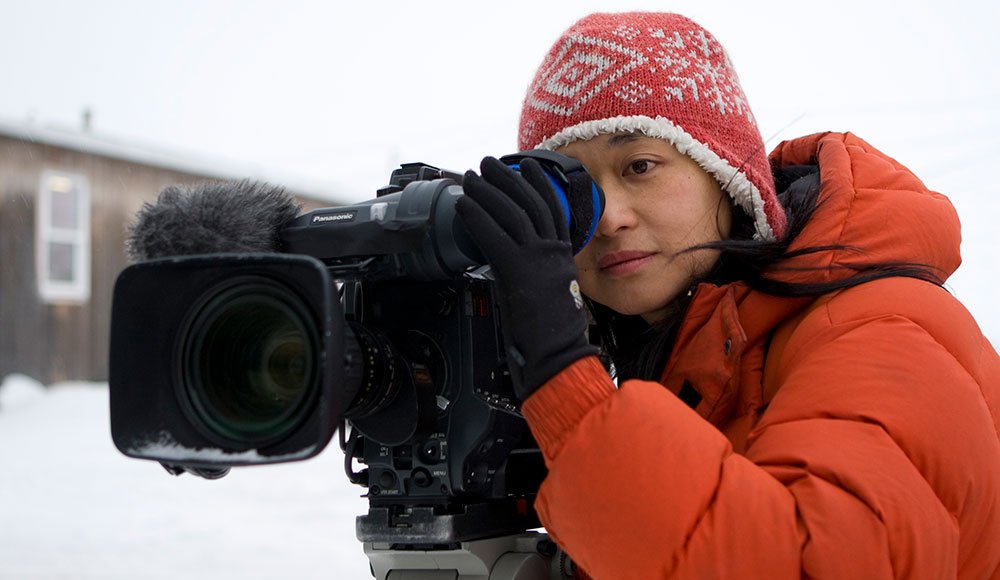
Tomoko KANA is a film director. She graduated from the Department of History in the Faculty of Humanities in 1994. When she was 19 years old, she appeared in a documentary directed by Kore-eda Hirokazu and decided to proceed to the image world. After working as a director at NHK, she became independent. In 2007 "Two by the River" won an award at the Sundance Film Festival. Kana traveled around the world 3 times to make the film of "Beautiful Islands" (EP: Kore-eda Hirokazu / 09) that depicted the islands that will sink. And it won an award at Busan International Film Festival(BIFF). A short story of two great masters Kore-eda Hirokazu and Yoji Yamada "The Two Directors" (16) and a self-documentary about birth after 3.11, "{HUG}" (15) are also selected at BIFF.
Message from Ms. Kana
I produced a documentary film called Beautiful Islands on the theme of climate change. During my college days, my life revolved mainly around part-time jobs and travelling. For example, in Hong Kong I experienced life on the water, and in New York I attended a session of the United Nations. Thanks to the free school environment and a curriculum that pushes women toward independence, I was able to dive into what interested me in a natural manner. In small group seminars I learned "to investigate, compile, and present" issues about which I had questions. In addition, the school has many graduates who are working independently, on account of which I also received wholly unexpected support from prior graduates. The bonds between graduates are incredibly strong.
Keiko Ohama
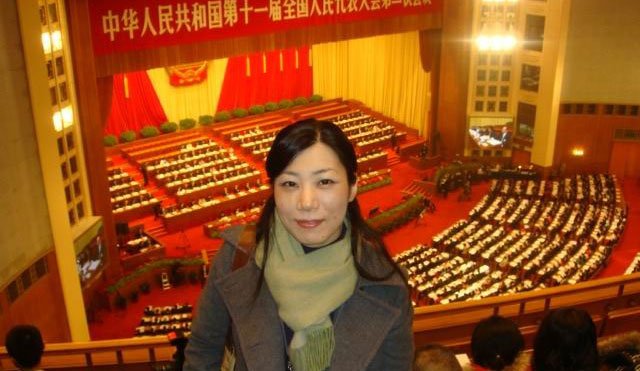
As a foreign expert in China's Central Compilation & Translation Bureau, Keiko Ohama worked overseas, translating important documents from the National People's Congress and the Chinese government into Japanese. In 1993, she graduated from the graduate school's master's course with an education major. She studied abroad at Beijing Normal University in China from 1995, and acquired a Ph.D. in education in 1999. In 2005, she was awarded the Special Prize at the third annual conference of the Women's Education Specialty Committee by the China Women's Studies Association. Afterwards, in addition to her work at the Translation Bureau, she also provided instruction to students as a guest professor at the China Women's University. Currently, she works as a professor on the Chinese course in the Faculty of Global Communication at Kobe Gakuin University.
Message from Ms. Ohama:
I had a yearning for the world outside of Japan, and so I saved money by doing part-time jobs and went on a trip overseas during a period of extended leave from the university. China at that time had just issued its policies for a socialist market economy, and had become a new unifying force for East Asia. I was attracted by this unifying force, and so I studied abroad in China. Utilizing what I had learned through my work at the Central Compilation & Translation Bureau and my research into women's education during my university days, I contributed to a study on the latest women's movements in Japan for the China Women's News, a national newspaper. Studying women's issues in college has enabled me to be aware of myself no matter where I go, and to experience powerful emotions that connect me to the people of different countries.
Ume Tange
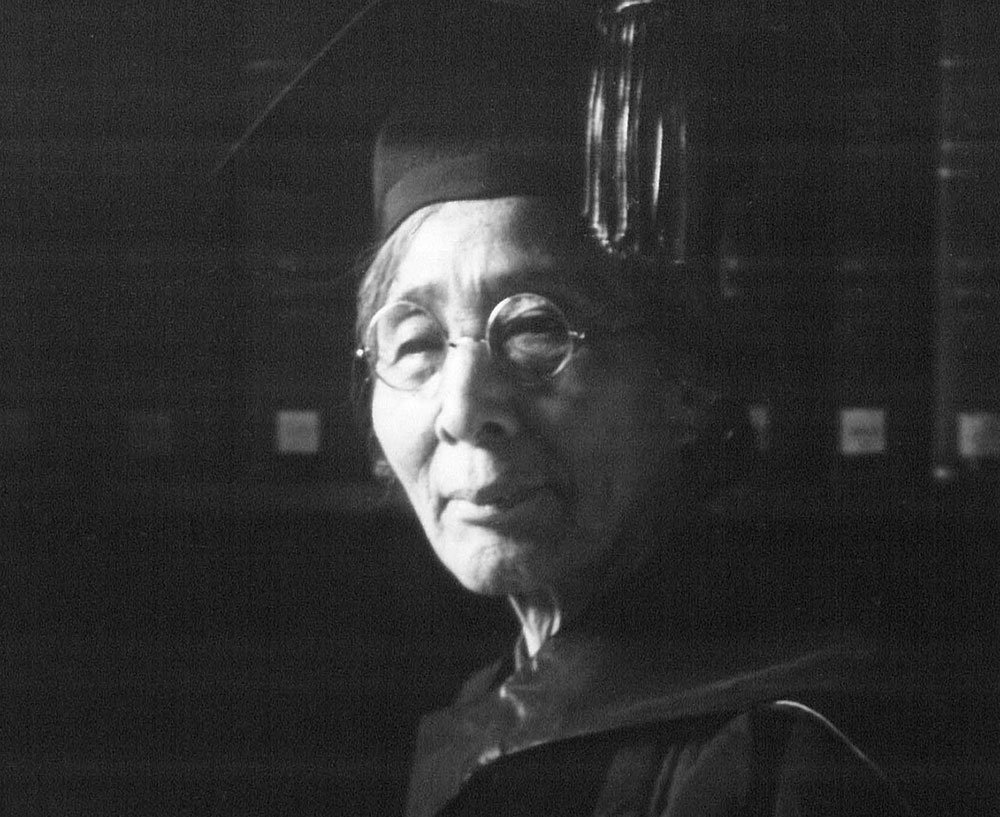
Ume Tange graduated from the Faculty of Home Economics in 1904 as the first graduate of the university. After working as an assistant at a chemical laboratory, she entered Tohoku Imperial University in 1913 to study for a Bachelor of Science degree as the university's first female student. She then went to Stanford University and Columbia University in the United States, and having received her Ph.D. in 1927, she returned to Japan and became a professor of Japan Women's University, her alma mater. She continued her work as a pioneering female scientist in Japan until her death in 1955.
Tano Jodai
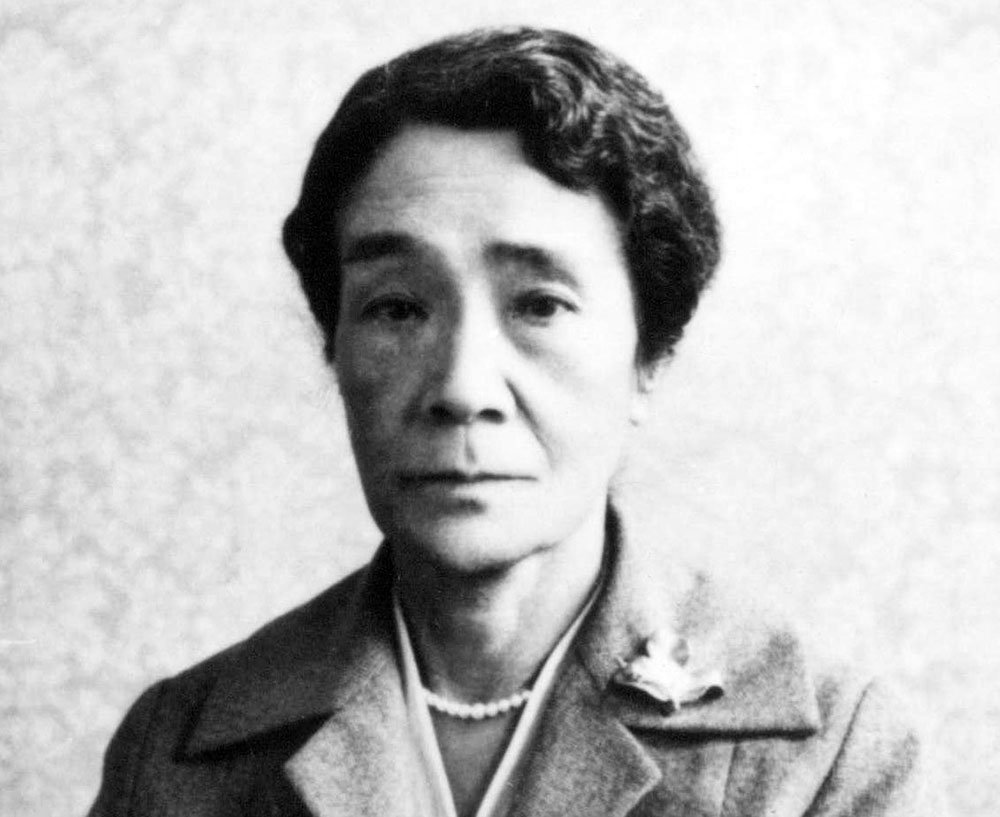
Tano Jodai was the sixth president of the university. After graduating from the Department of English in 1910, she started to teach at the university, and went to study at Wells College in the United States between 1913 and 1917. She was not only a scholar and teacher of American literature but also a peace activist who was actively involved in the movement for world peace. In 1955, she appealed for peaceful negotiated settlements of international conflicts as a member of the Committee of Seven for World Peace. In 1982, the year of her death, she was awarded the Order of the Sacred Treasure, Gold and Silver Star.
Etsuko Takano
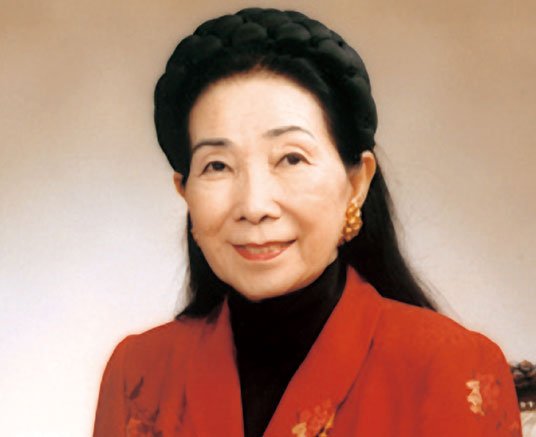
Etsuko Takano graduated from the Department of Social Welfare in 1951. She became general manager of the Iwanami Hall in 1968, where she introduced numerous noted movies from abroad as well as movies by female directors. She has been honored with many awards, including Commander of the Order of the Arts and Letters in France. She was selected as a Person of Cultural Merit in 2004.
Yumie Hiraiwa
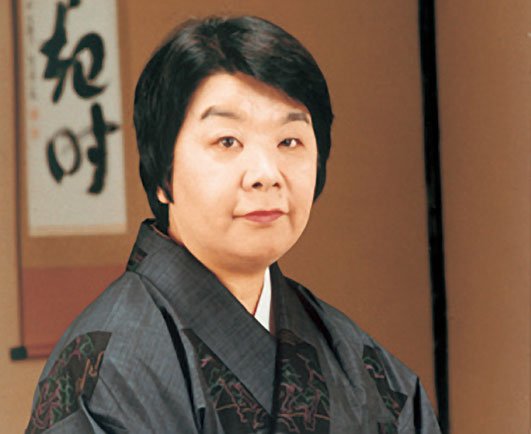
Yumie Hiraiwa is an author, who graduated from the Department of Japanese in 1954. She was awarded the Naoki Prize for her novel, Taganeshi in 1959. Since then, she has published various works, including contemporary novels, period novels, and drama scripts. She was selected as a Person of Cultural Merit in 2004 and awarded the Order of Culture in 2016.

